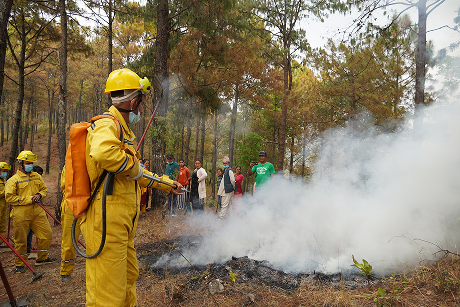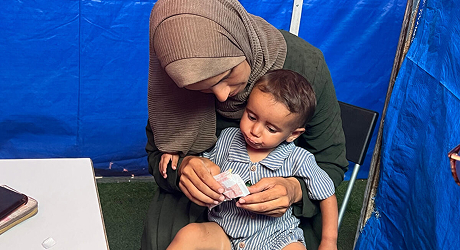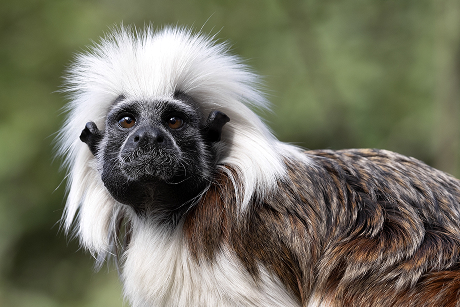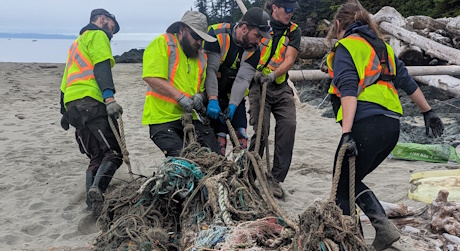Footprints Project
Since 2005, travelers like you have helped us change the world through micro-donations.
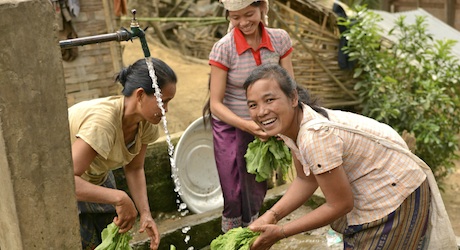
-
A total of
12304
Travelers
-
donated
$25001.8
(100% funded) -
to help improve
Water & Sanitation
-
in
Lao PDR
Project overview
The Footprints Network has generously supported CARE’s Clean Water for Ethnic Communities Project in Laos. This project is part of a larger four-year program, Laos: Improved Livelihood and Health Options for Remote Ethnic Communities, which seeks to strengthen the impact and sustainability of CARE Australia’s seven year experience working in remote ethnic communities in Laos in areas such as livelihoods, agriculture, water, sanitation, hygiene and nutrition.
Impact
During July to December in 2013 this project reached 8,587 direct beneficiaries and 78,202 indirect beneficiaries (which includes the total population of three districts, which indirectly benefit from improved capacity of government on agriculture, water supply etc.).
- Water Infrastructure: Building and upgrading water supply systems, ensuring safe and sufficient water supply to three communities in remote ethnic areas.
- Women’s Groups: Strengthening the capacity of women’s group so women can raise questions in their community and access small grant opportunities linked to targeted, community-led development activities.
- Livelihood Development: CARE Laos has been working with a local Not-for-profit Sustainable Agriculture and Environment Association (SAEDA) who is providing technical training to villagers in livelihood development.
- Nutrition & Hygiene: To facilitate nutrition, health and income improvements amongst targeted remote ethnic communities, CARE has undertaken hygiene and nutrition awareness training with local women's groups.
Human Impact Story
Mrs Jerfer is 35 years old, Aka woman from Nha Nhoung village who has five children ranging from four to fifteen. She did not go to school before the project, and received little information from outside the village, spending most of her time working in the field and looking after her children. She and her family had little knowledge about health care, and didn’t consider basic hygiene measures (such as washing vegetable, meal and fruits). Her family members always got sick, particularly with diarrhoea and fever each year.
Since the start of this project, she has learnt about nutrition (the five food groups), hygiene, mother-child health and family planning, gender equality. The Project also supported a water supply system to her village. Her family has been chosen as a ‘model’ family as their kitchen is now clean and tidy and they always boil their water before drinking, children wash their hand before having meal, and are no longer getting sick. The women’s group she is a member of has provided a new opportunity for women in the village to come together and talk about gender issues. As a result, the women are becoming more confident in talking to their husbands about workload with the men now helping more with feeding the livestock and cooking for the family.
Traveling soon? When you buy travel insurance with us, you can make a contribution towards a cause you care about.
Get a quote